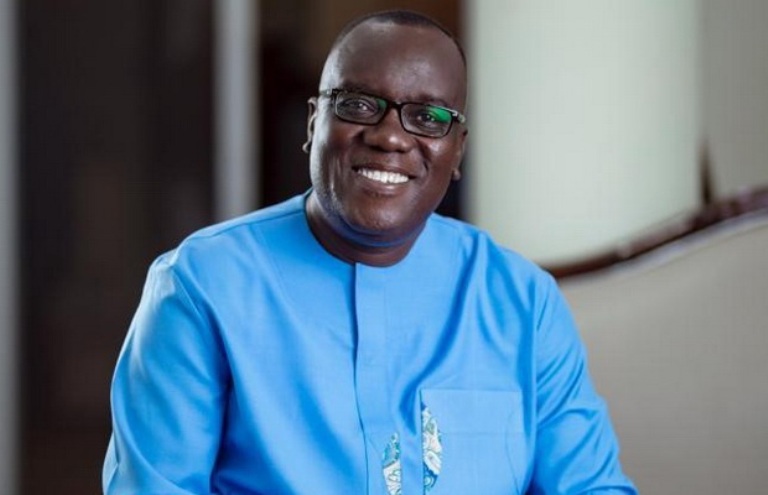Freezing of Sir John’s assets: High Court dismisses Special Prosecutor’s confirmation request
The Special Prosecutor on May 30, 2022, directed the freezing of the Estate of Sir John, in order to conduct further investigation into allegations of suspected corruption.

The High Court presided over by Justice Afia Serwaa Asare Botwe, on Tuesday, July 12, 2022 dismissed a request from the Office of the Special Prosecutor seeking confirmation for the freezing of assets of the former CEO of the Forestry Commission, the late Kwadwo Owusu Afriyie (Sir John).
The Special Prosecutor on May 30, 2022, directed the freezing of the Estate of Sir John, in order to conduct further investigation into allegations of suspected corruption after a report by journalists at the Fourth Estate showed that the will of Sir John contained portions of the Achimota Forest land and the Sakumono Ramsar site.
The OSP subsequently filed an application at the High Court for confirmation of the freezing order.
While section 38 of the Office of the Special Prosecutor Act (Act 959) grants the Special Prosecutor powers to freeze assets of persons under investigation where necessary, and then apply to the court for a confirmation of the freezing order, the High Court held that the Special Prosecutor should have initiated the process under Section 54 of the Act.
Section 54 empowers the OSP to apply to the Court for a confiscation order in respect of tainted property if the person from whom the property was seized is on trial for corruption or convicted of a corruption-related offence but dies or absconds.
In a press release dated July 12, 2022, announcing the situation, the OSP said it considered the ruling a misunderstanding of the application for confirmation of the freezing order, and that the judge “misdirected herself by characterizing the application as that of a confiscation order.”
The OSP also emphasised that its application requested for the freezing order to be confirmed to facilitate its investigations and not to confiscate the Estate of Sir John.
“The net ruling of the High Court is that a person may, in his lifetime gleefully acquire property through corruption and then upon his demise happily pass on the corruptly acquired property to his beneficiaries for their benefit, and by so doing extinguish all scrutiny as to the property or the otherwise of the acquisition of the property because his corrupt activities were not discovered during his lifetime," it said.
It further said it intends to file an appeal against the High Court’s ruling.


